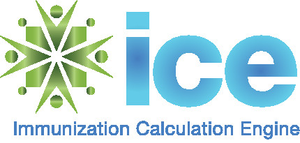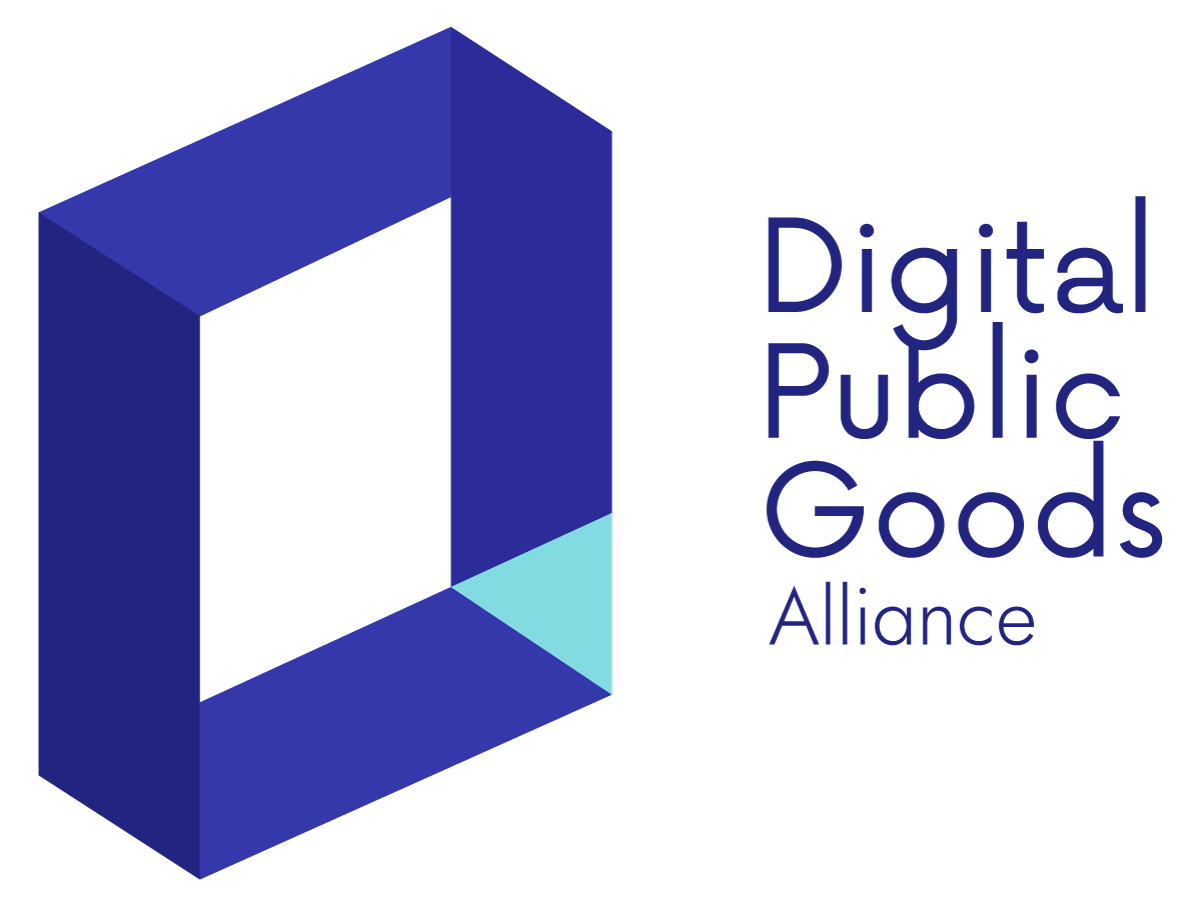 Home
Home
Subscribe to receive ICE Announcements!
What is ICE?
The Immunization Calculation Engine (ICE) is a free, open-source immunization forecasting software system. The core component of ICE is the ICE Web Service, which evaluates a patient's immunization history and generates the appropriate immunization recommendations for the patient. The ICE Web Service runs in OpenCDS which is a third-party platform that may be used to build decision support services for any clinical domain.
ICE comes initially configured with a default immunization schedule that supports all routine childhood, adolescent, and adult immunizations - based on the recommendations of the Advisory Committee on Immunization Practices (ACIP).
The ICE software system has been developed and configured by a collaborative partnership of public health experts and information technology experts from the organizations listed below and has been released under a standard open-source license:
- New York City Department of Health and Mental Hygiene, Citywide Immunization Registry (CIR)
- HLN Consulting, LLC
- Alabama Department of Public Health (ADPH)
- The OpenCDS collaboration spearheaded by Dr. Kensaku Kawamoto and colleagues at the University of Utah, Department of Biomedical Informatics.
Due to its standards-based Web Service interface, its Java-based implementation, and its complete lack of dependence on any commercial software, ICE can be deployed in diverse technical environments and easily integrates with third party clinical systems such as Immunization Information Systems (IIS), Electronic Health Record Systems (EHR-S), and Health Information Exchanges (HIEs).
Clinical systems utilize the ICE Web Service by passing a Virtual Medical Record (vMR) to its Web Service which adheres to the Decision Support Service (DSS) standard. In response, ICE utilizes its immunization rules and the data in the vMR, such as the patient’s date of birth, gender, immunization history, and disease indicators, to evaluate and return the validity of each immunization in the patient’s history along with one or more evaluation reasons. It also returns a recommendation for each vaccine group along with one or more recommendation reasons. ICE’s Web Service architecture scales to support simultaneous real-time processing of many patients submitted by one or more systems. It can also service requests for multiple immunization schedules. For example, a single ICE deployment could enforce one immunization schedule utilized by an IIS, another immunization schedule used by multiple EHR-S, and a third immunization schedule utilized by a school health system.
April 26, 2025 - New Release of ICE - Version 2.46.1 The Importance of Upgrading After Each ICE Release ICE Code Systems and Codes Now Available in Google Sheets Configuration NotesCurrent News
For more information, see the Full List of Archived News...
ICE Recognized as a Digital Public Good
In 2021, the Immunization Calculation Engine (ICE) project was chosen by the Digital Public Goods Alliance as an innovative openly licensed technology and listed in their Digital Public Goods registry. Digital Public Goods have clear documentation, open licenses, and support Sustainable Development Goals, in alignment with the requirements of the Digital Public Goods Standard. Noam Arzt, President of HLN Consulting stated,
"For us, being recognized as a digital public good means expanding the exposure to the ICE open source software and minimizing the barriers to installing and using ICE anywhere in the world." Arzt added that "While ICE rules are currently based on US ACIP recommendations, it can be adapted to include rules based on WHO clinical guidelines or country-specific requirements."
Flexibility is one of the key reasons why HLN chose open source as their development model for ICE. Read the HLN blog and the press release to learn more.
ICE Wins a 2017 Upshot Award from the National Vaccine Program Office (NVPO)
On June 6, 2017, HLN was awarded the 2017 Upshot Award for Excellence in Vaccine Supply, Access, and Use by the National Vaccine Program Office (NVPO) for its ICE Open Source Immunization Forecaster. In the letter of award, Dr. Jewel Mullen, Principal Deputy Assistant Secretary for Health commented that,
"HLN Consulting’s efforts on the Immunization Calculation Engine (ICE) are impressive. This powerful tool-including its open-source nature and seamless integration into clinical workflows-holds great promise for improving clinical decision-support and ultimately vaccination rates. Thank you for daring to innovate, collaborate, and lead in an area that is not only complex, but constantly evolving."
Mike Suralik, one of HLN’s project managers, was on hand to receive the award at the meeting of the National Vaccine Advisory Committee in Washington, DC. HLN is pleased to accept this award on behalf of the ICE project. Read the HLN press release to learn more.
Try Using ICE from Your Web browser
A simple application, called "ICE Client", has been created and made freely available so that anyone can submit sample patient data to the ICE Web Service and see the evaluations and recommendations that the ICE Web Service returns. Try ICE now from your web browser.



